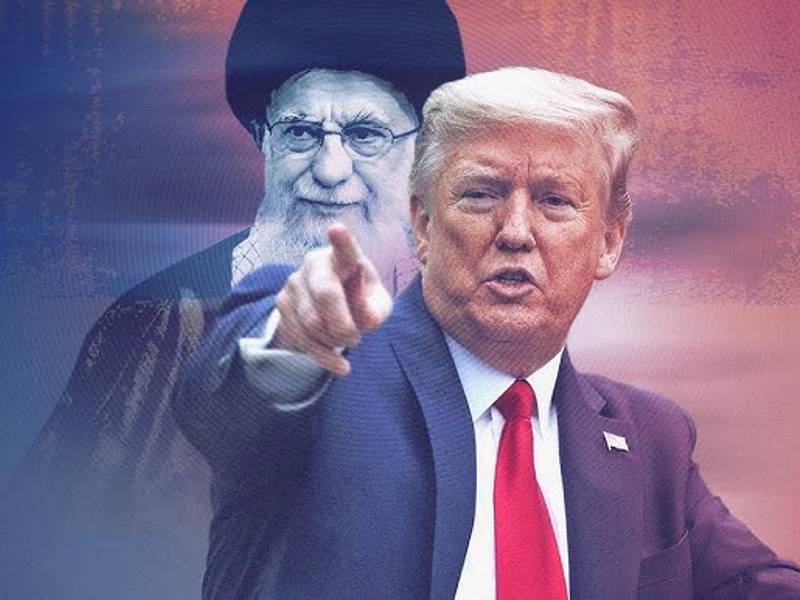Iran has no current intention to engage in dialogue with Washington, citing a lack of appropriate grounds for such discussions, Iranian Foreign Minister Abbas Araghchi told The New Arab on Monday.
"We are waiting to see how the new administration formulates its policies, and then we will determine our course of action," he added in comments released on Tuesday.
On Iran's negotiations with Europe over the nuclear issue, Araghchi, a key architect of the 2015 nuclear agreement, noted that Tehran has "many reasons to be pessimistic."
On Friday, German, British, and French political directors met with Iran's representative, Kazem Gharibabadi, in Geneva to discuss Tehran’s nuclear program and sanctions, bilateral issues, and the regional situation, according to a post by the German Foreign Office on X. The statement noted that the parties agreed to continue diplomatic dialogue soon, but no tangible progress was announced.
Gharibabadi similarly reaffirmed Iran's general commitment to dialogue and engagement, though his comments indicated little progress beyond agreeing to continue discussions.
Notably, the US State Department had previously announced that the United States would not participate in the talks between Iran and the three European powers.
“We have made it clear that Iran must provide full cooperation with the IAEA without further delay. And we’ll continue to closely coordinate with the Governments of France, Germany, and the United Kingdom,” spokesperson Matthew Miller said last week.
Tehran currently holds enough enriched uranium to produce four nuclear bombs, according to estimates by the IAEA. Although uranium enriched to 60% purity is not yet suitable as fissile material, Iran could refine it to weapons-grade levels within 2-3 weeks. This status, known as a nuclear-threshold position, implies that Iran could quickly transition to a nuclear-armed state if it has the technical capability to assemble a functional weapon.
Meanwhile, the United States is gearing up to reintroduce strict measures against Iran under President-elect Donald Trump. According to The Wall Street Journal, the incoming administration plans to reinstate the “maximum pressure” campaign, designed to limit Iran’s economic resources used to support armed groups and other hostile activities.
Last week, Mike Waltz, Trump’s incoming national security adviser, said, “The change you’re going to see is more focus on Iran.” During Trump’s previous term, his administration imposed sweeping sanctions on Iran’s oil sector to hinder its nuclear program and diminish its regional influence.

